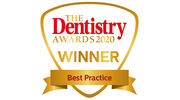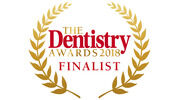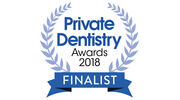
Good dental care and oral hygiene are extremely important to help prevent tooth decay and gum disease. This involves cleaning your teeth at least twice a day with fluoride toothpaste, visiting the dentist and hygienist regularly, and limiting the amount of sugar and acid in your diet.
Brush your teeth
You will benefit by following these steps when brushing your teeth:
• use a toothbrush with a small head and synthetic bristles
• use fluoride toothpaste to protect against decay
• brush all the tooth surfaces thoroughly, including the top of your lower teeth, the bottom of your upper teeth, and the back (tongue side) of all your teeth
• develop your own routine or order of brushing, to help ensure you brush each surface every time
• pay particular attention to your gum line, angling the bristles into the area where your gums meet your teeth
• spit out the toothpaste when you’re finished, but don’t rinse your mouth out; this stops the chemicals in the toothpaste continuing to clean your teeth
• brush at least twice a day for about two to three minutes
• replace your toothbrush at least every three months, or sooner if the bristles are worn down
A good electric toothbrush will reduce the effort involved in ensuring that you clean your teeth effectively.
Clean between your teeth
Dental floss or interdental brushes will assist in removing plaque and small bits of food from between teeth and under gum lines. These are areas that a toothbrush can’t reach. It’s always important to use the correct technique, so ask for advice from your dentist or hygienist.
Unfortunately, brushing and flossing can’t remove all calculus, especially between the gums and the teeth. This can only be removed with special tools during a scale and polish by your hygienist.
Control sugar in your diet
Consuming sugary foods and drinks encourages tooth decay. However, it’s how often you eat these sugars, rather than the amount, that is important. It is best not to eat or drink them between meals this will give your teeth a chance to be remineralised by saliva. Generally, it’s better for your health to reduce your sugar intake.
Control acid in your diet
To prevent dental erosion, it’s important not to have too many acidic foods and drinks. These include fruit juices, fizzy drinks and squashes (including ‘diet’ varieties), flavoured waters, vinegar, pickled foods, crisps and ketchup.
Stop smoking and reduce your alcohol intake
Smoking can stain your teeth and increase your risk of gum disease and tooth loss. Certain alcoholic drinks contain lots of sugar and increase the risk of tooth decay, so cutting back on these will protect you as well.




